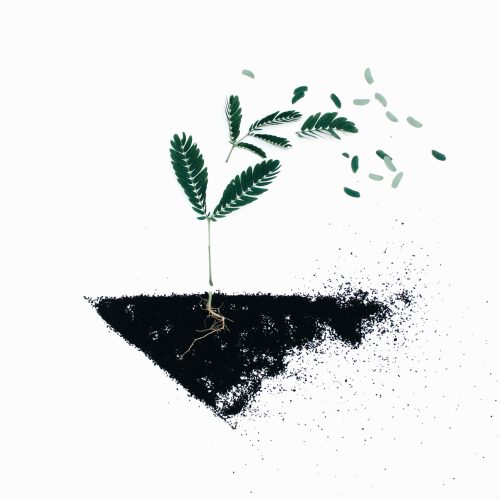Jason Shadie, Secondary Coordinator
Interaction between people and their environment can be both helpful and hurtful. Our students will develop an informed perspective on local and global issues. It is our aim to nurture our students towards peace with their Creator, other people and the environment. Geography presupposes the responsibility people have in caring for the earth and submitting to God’s will for both our individual lives and the created order. In the context of God’s existence and the creation being subject to His rule, people are to find purpose in coming to grips with what our task on earth is.
This is an extract from the introduction of the Stage 4 and Stage 5 Geography curriculum documentation. To care for God’s creation, we must better understand God’s creation.
Year 9 is nearing the end of a unit called ‘Sustainable Biomes’ which has been a rich learning experience. We focussed on understanding different biomes, including large ecosystems such as deserts, rainforests, and tundra. Students have worked hard to understand the different characteristics of biomes and the climatic conditions needed to sustain these environments. Of particular interest has been human interaction with, and impact on these environments, both positive and negative.
Some of our discussions have been confronting. Inevitably, many of the questions have complicated, and often uncomfortable answers:
- Why are so many animal species threatened, endangered, and on the verge of extinction? More than 10% of the land mammals known to have lived in Australia in 1788 are now extinct.
- Why is there so much food wastage in the world? An estimated 14% of the world’s food is lost between harvest and retail, and an estimated 17% is wasted in retail and at the consumption level. This comes at a time when 811 million people go hungry (https://www.unep.org/).
- Can the earth’s biomes sustainably feed future world populations? Australia’s population in 2017 (24.6 million) is projected to reach between 37.4 and 49.2 million people by 2066 (https://www.abs.gov.au).
Of course, part of our discussions focus on finding solutions for these problems. As a school, we encourage students to be creative, critical and discerning thinkers. An example of this problem solving can be seen in recent work Year 9 completed in the area of food wastage.
You may already know that there is a staggering amount of food that is wasted or lost within the production process in Australia. It is estimated that 20%-40% of fruit and vegetables are rejected before they reach a supermarket, based solely on the way they look. Ugly vegetables? Odd looking fruit? The idea seems ridiculous, but unfortunately it is the reality we face. Year 9 were given the opportunity to create a business that worked to mitigate food wastage in society. I was encouraged by their creativity and enthusiasm to take on this challenge. Food wastage is so problematic worldwide that there is an International Day of Awareness of Food Loss and Waste (29 September 2022).
Then the LORD God took the man and put him into the garden of Eden to cultivate it and keep it.
Genesis 2:15
It is important that students have a safe place to wrestle with local, state, national and global issues, and that they do so within a Christian framework. My prayer is that Year 9, and the rest of our students at Kuyper, mature into discerning, caring, servant-hearted adults with a love for God and His creation. We should never forget that sustainability is about caring for people. The wellbeing of future generations relies heavily on the integrity of stewardship of God’s creation here and now. God calls us to be good stewards of creation, and in doing so, demonstrate His love for people.

